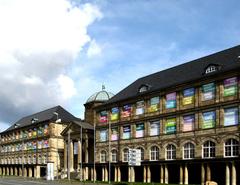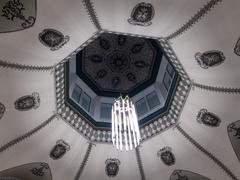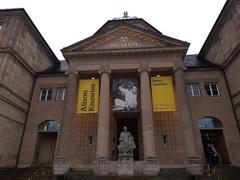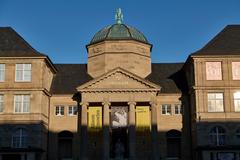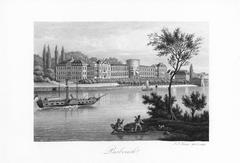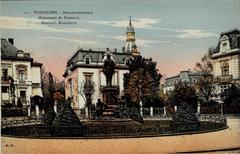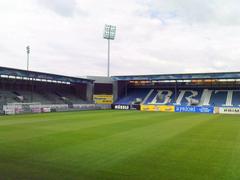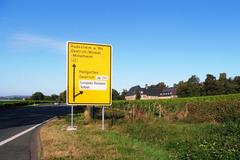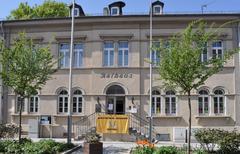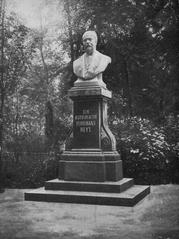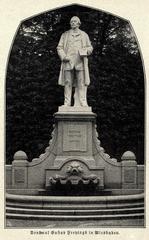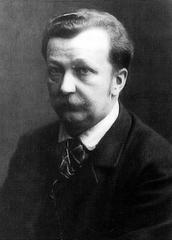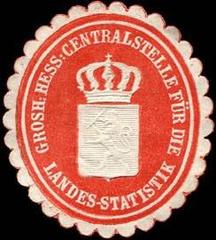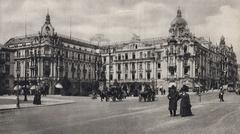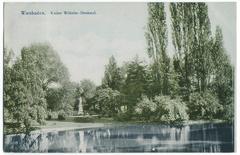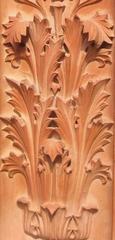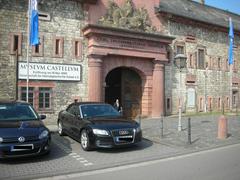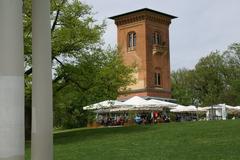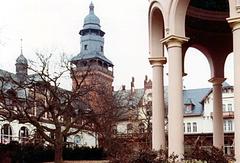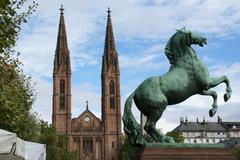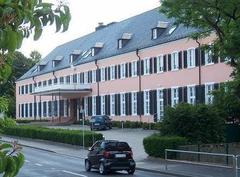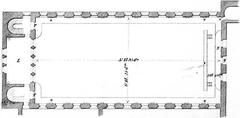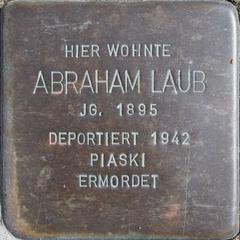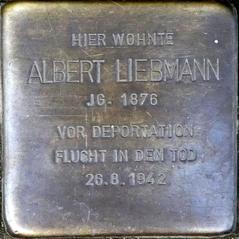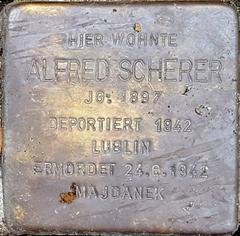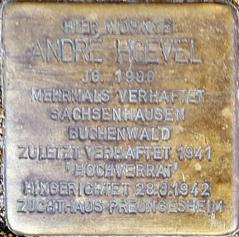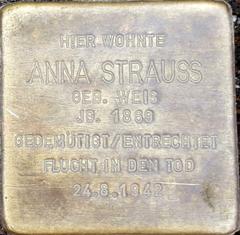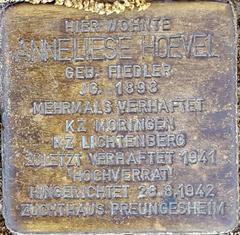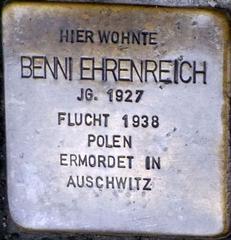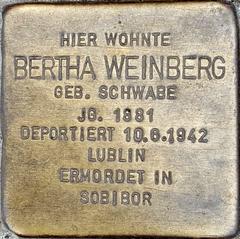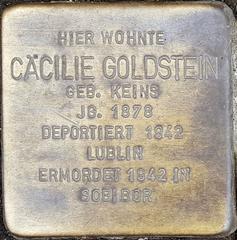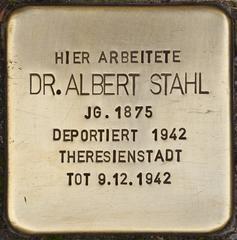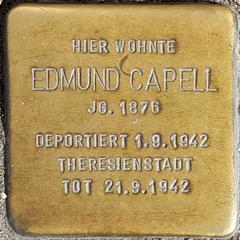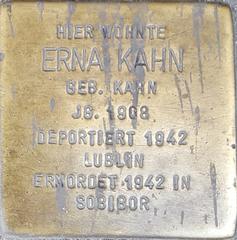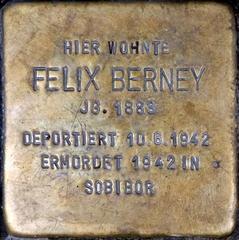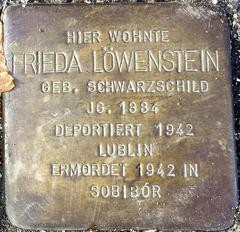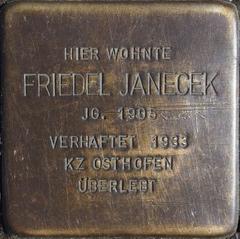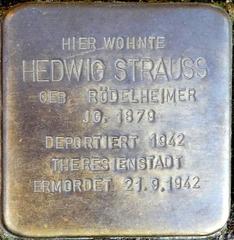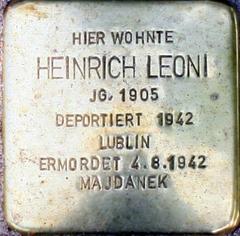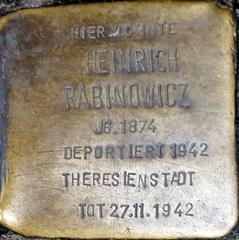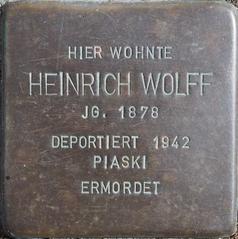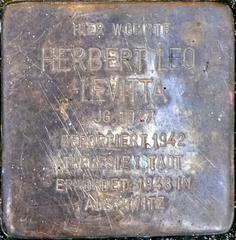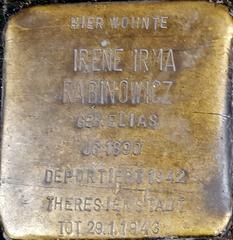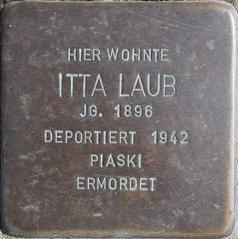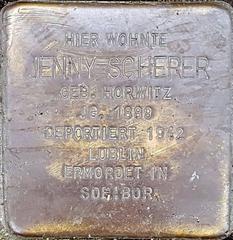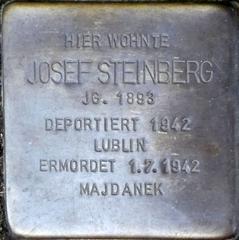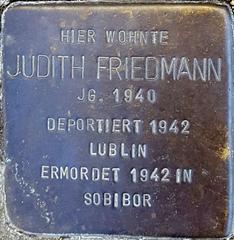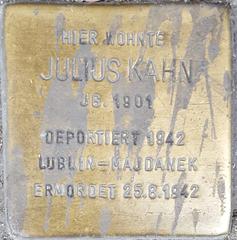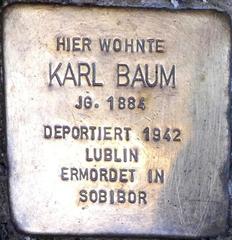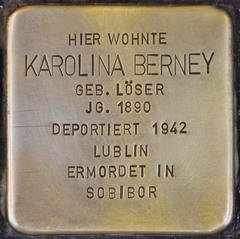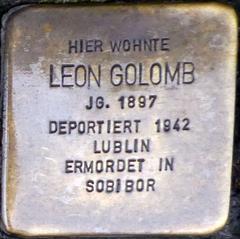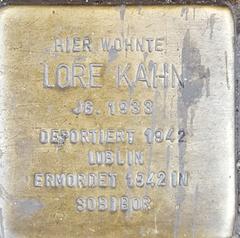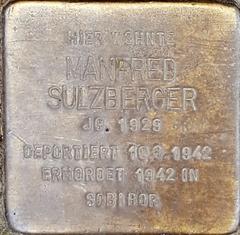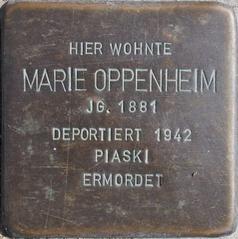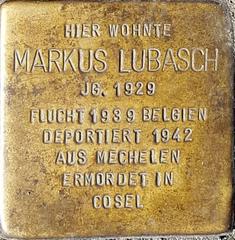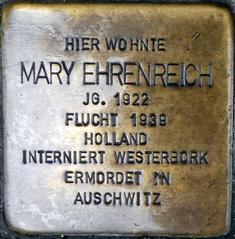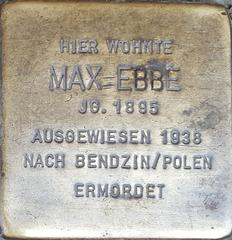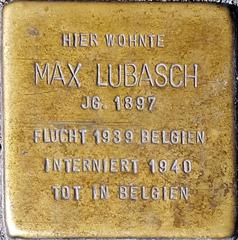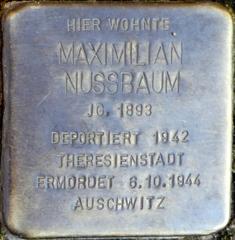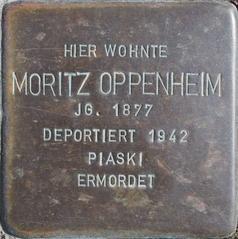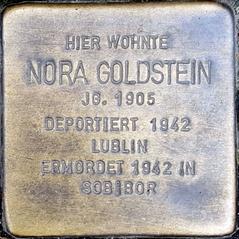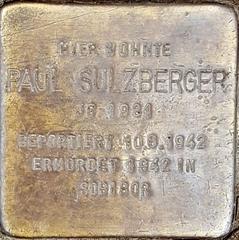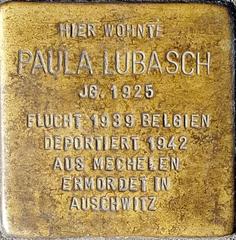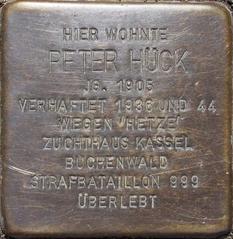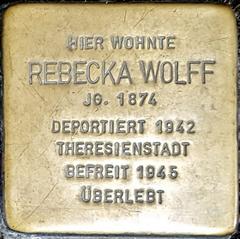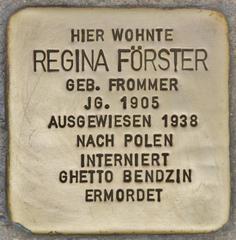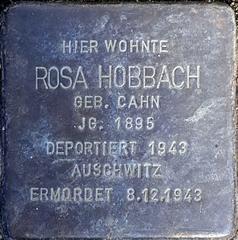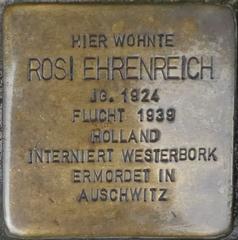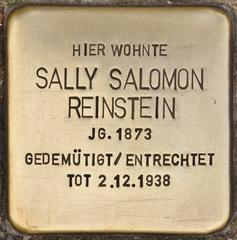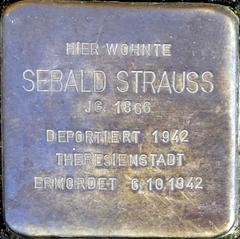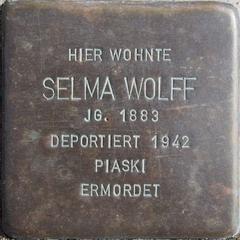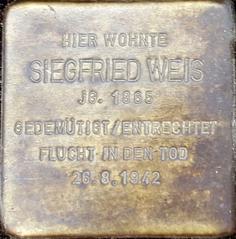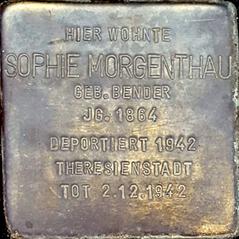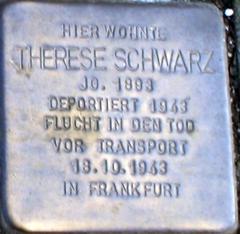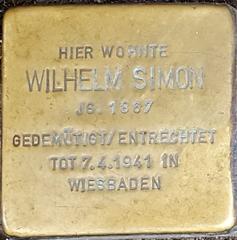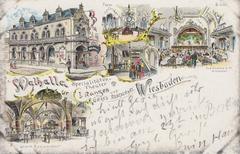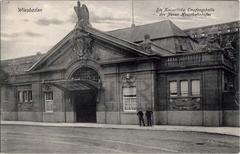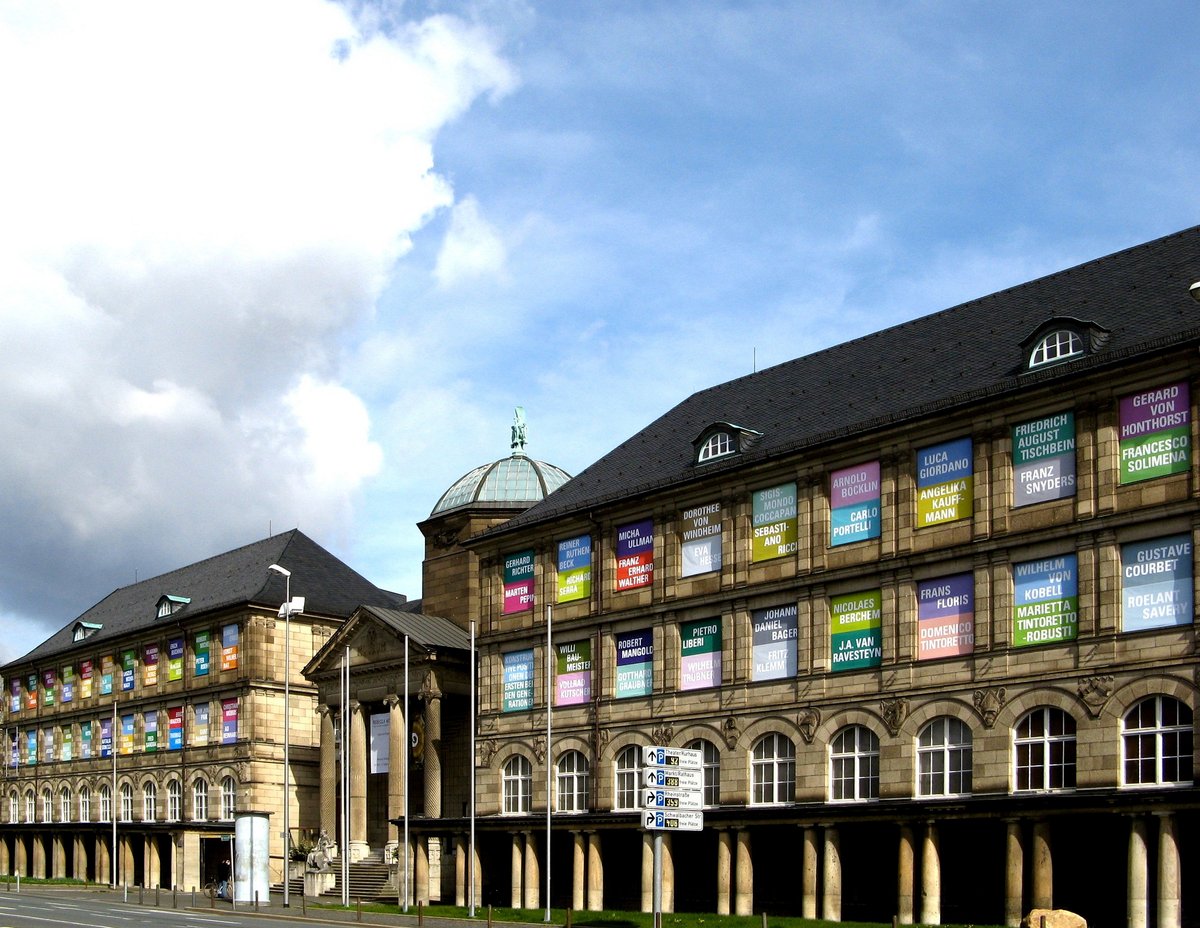
Museum Wiesbaden: Visiting Hours, Tickets, and Historical Sites in Wiesbaden
Date: 14/06/2025
Introduction
Museum Wiesbaden is a leading cultural destination in Germany, celebrated for its dual focus on art and natural history. Founded in 1825 and significantly shaped by the influence of Johann Wolfgang von Goethe, the museum has grown into an institution of international repute. Its collections span centuries of artistic achievement and scientific discovery, housed in an architecturally significant building that blends neoclassical and modern elements. Centrally located in Wiesbaden, the museum serves as both a guardian of historical treasures and a vibrant hub for cultural engagement (Museum Wiesbaden History; museum-wiesbaden.de).
This comprehensive guide covers everything visitors need to know—opening hours, ticket prices, accessibility, visitor amenities, and highlights from both the art and natural history collections. It also provides insights into the museum’s rich history and practical tips for a memorable visit.
Contents
- Introduction
- Visiting Hours and Tickets
- Visitor Information
- Historical Overview
- Art Collections
- Natural History Collections
- Visitor Experience and Practical Information
- Digital Enhancements and Guided Tours
- Special Events and Educational Programs
- Accessibility and Inclusivity
- Sustainability and Community Engagement
- Frequently Asked Questions (FAQs)
- Contact Information and Resources
- Summary and Visitor Tips
- Sources
Visiting Hours and Tickets
Opening Hours
- Tuesday–Sunday: 10:00 AM – 6:00 PM
- Thursday (Long Thursday): 10:00 AM – 9:00 PM
- Monday: Closed (except public holidays)
- Public Holidays: 10:00 AM – 5:00 PM
- Closed: January 1st, December 24th, 25th, and 31st (Museum Wiesbaden Official Site)
Ticket Prices
- Permanent Exhibitions: €8 (reduced €5)
- Special Exhibitions: €12 (reduced €9, includes permanent exhibitions)
- Children & Visitors Under 18: Free
- Groups (15+): €5 per person (permanent), €9 per person (special)
- Family Tickets: Available
- Free Admission: First Saturday or Sunday of every month, and for certain groups (teachers preparing lessons, refugees, etc.)
- Neighbourhood Discount: Reduced admission to Museum Reinhard Ernst with a full-price Museum Wiesbaden ticket and vice versa (museum-wiesbaden.de; Triplyzer)
Tickets can be purchased online via the official website or at the museum entrance.
Guided Tours and Special Events
- Public guided tours: Regularly scheduled in German and English (approx. 1 hour, €4 plus admission)
- Private and foreign language tours: Bookable by appointment
- Special events: Lectures, workshops, concerts, and family programs held throughout the year
Visitor Information
Location and Accessibility
- Address: Friedrich-Ebert-Allee 2, 65185 Wiesbaden, Germany
- Public Transport: 10-minute walk from Wiesbaden Hauptbahnhof; buses stop at Rheinstraße and Wilhelmstraße
- Parking: Available at RMCC garage and along Friedrich-Ebert-Allee
Facilities
- Accessibility: Fully wheelchair accessible, elevators, ramps, accessible restrooms
- Amenities: Lockers, museum shop, Trüffel Museumscafé, baby changing facilities, free Wi-Fi
- Photography: Permitted without flash in most areas; professional equipment requires permission
Historical Overview
Early Foundations and Civic Engagement
Museum Wiesbaden’s origins date to the private collections of Johann Isaac Freiherr von Gerning. Goethe’s advocacy led to these collections being made public in 1825, marking the beginning of the museum’s tradition of civic involvement and cultural stewardship (Museum Wiesbaden History).
Evolution and Expansion
- 19th–20th Centuries: Transitioned from private/association ownership to municipal and then state administration, reflecting its growing cultural significance (WhichMuseum).
- Architectural Milestones: Theodor Fischer’s 1913–1915 design established the museum’s architectural identity, which was meticulously restored and modernized in the 21st century (WildTrips).
Wartime and Postwar Developments
During and after WWII, the museum served as a Central Collecting Point for artworks. The postwar era saw rebuilding of collections, especially the world-class Jawlensky holdings (Museum Wiesbaden History).
Contemporary Role
Recognized as “Museum of the Year” in 2007 by the International Association of Art Critics, Museum Wiesbaden is now a cornerstone of Hesse’s cultural landscape, with diverse collections and a vibrant public program (GermanSights; Freunde des Museums Wiesbaden).
Art Collections
Old Masters and Romanticism
Works from the 12th century through the 19th-century Romantic era form a core of the museum’s collection, showcasing the evolution of European art (touristplaces.guide).
Classical Modernism and Expressionism
The museum is internationally renowned for its German Expressionist holdings—particularly the Alexej von Jawlensky collection—and for works by members of the “Brücke” and “Der Blaue Reiter” movements (germany.travel).
Contemporary Art and Special Exhibitions
Regularly changing exhibitions highlight both established and emerging artists, with thematic shows such as “Honey Yellow—The Bee in Art” and “Poster Women. Women’s Posters” (museum-wiesbaden.de).
Art Nouveau and Glass Art
The Ferdinand Wolfgang Neess Collection offers one of Europe’s most significant displays of Art Nouveau design, featuring glass, ceramics, and decorative arts (germany.travel).
Natural History Collections
Origins and Development
Founded by the “Verein für Naturkunde im Herzogthum Nassau” in 1829, the natural history holdings now exceed a million objects, focusing on regional geology, paleontology, and zoology (wiesbaden.de).
“Aesthetics of Nature” Exhibition
Four themed rooms—Shape, Colour, Movement, and Time—bridge scientific and artistic exploration with interactive and visually engaging displays (germany.travel).
Scientific Collections and Research
With over 55,000 fossils and extensive botanical, zoological, and ethnological specimens, the museum is a research hub for regional and international scholars (springer.com).
Education and Interactivity
Interactive displays, workshops, and guided tours make the museum a popular destination for schools, families, and lifelong learners (thetouristchecklist.com).
Visitor Experience and Practical Information
- Museum Shop: Catalogs, art books, and unique gifts
- Café: Trüffel Museumscafé for meals and refreshments
- Free Wi-Fi: Throughout the museum
- Restrooms: Baby changing facilities on every floor
- Maps and Multilingual Signage: German and English throughout
Digital Enhancements and Guided Tours
- MuWi App: Audio guides, thematic tours, and interactive content (MuWi App)
- Guided Tours: Regularly scheduled, with private options for groups and special needs (Triplyzer)
Special Events and Educational Programs
- Anniversary Exhibitions: 2025 marks the 200th anniversary with special thematic shows
- Workshops & Family Days: Engaging activities for all ages (Museum Wiesbaden Official Site)
Accessibility and Inclusivity
Museum Wiesbaden is fully accessible, with barrier-free entrances, elevators, and facilities for visitors with visual or hearing impairments. Assistance is available upon request, and special tours are offered in easy language and sign language.
Sustainability and Community Engagement
The museum is committed to provenance research, especially related to works acquired during the Nazi period, and has restituted artworks where appropriate (Wikipedia). Community outreach, collaboration with local artists, and participation in citywide events are ongoing priorities.
Frequently Asked Questions (FAQs)
What are Museum Wiesbaden’s opening hours?
Tuesday–Sunday, 10:00 AM–6:00 PM (Thursday until 9:00 PM), closed on Mondays.
How can I buy tickets?
Tickets are available online (official website) or on-site.
Is the museum wheelchair accessible?
Yes, with full barrier-free access and accessible restrooms.
Are guided tours available in English?
Yes, both public and private tours are available in English and German.
Are there free admission days?
Yes, on the first Saturday or Sunday of each month, and for selected groups.
Does the museum have a café and shop?
Yes, both are available to all visitors.
Contact Information and Resources
- Address: Friedrich-Ebert-Allee 2, 65185 Wiesbaden, Germany
- Phone: +49 611 335 2250
- Guided Tours/Groups: +49 611 335 2240 | [email protected]
- Website: Museum Wiesbaden Official Site
Summary and Visitor Tips
Museum Wiesbaden offers a unique and enriching experience at the intersection of art, science, and history. With comprehensive amenities, flexible visiting hours, and a dynamic program of exhibitions, it stands as an essential destination for visitors to Wiesbaden. Plan your visit by consulting the museum’s official resources, downloading the MuWi App, and taking advantage of free admission days for an optimal experience.
For more travel inspiration, explore related Wiesbaden attractions and travel guides.
Sources
- Museum Wiesbaden History, 2025, Museum Wiesbaden Official Site (https://museum-wiesbaden.de/en/history)
- Museum Wiesbaden Official Site, 2025 (https://museum-wiesbaden.de/en/)
- WhichMuseum, 2025 (https://whichmuseum.com/museum/museum-wiesbaden-26406)
- WildTrips, 2025 (https://www.wildtrips.net/visit/Wiesbaden-Germany-top-10-attractions-to-visit.htm)
- Germany.travel, 2025 (https://www.germany.travel/en/cities-culture/wiesbaden-museum.html)
- Trip101, 2025 (https://trip101.com/article/best-things-to-do-in-wiesbaden-germany)
- Triplyzer, 2025 (https://triplyzer.com/germany/things-to-do-in-wiesbaden/)
- museum-wiesbaden.de, 2025 (https://museum-wiesbaden.de/museum-wiesbaden-feiert-2025-seinen-200.-geburtstag-mit-grossem-ausstellungsprogramm)
